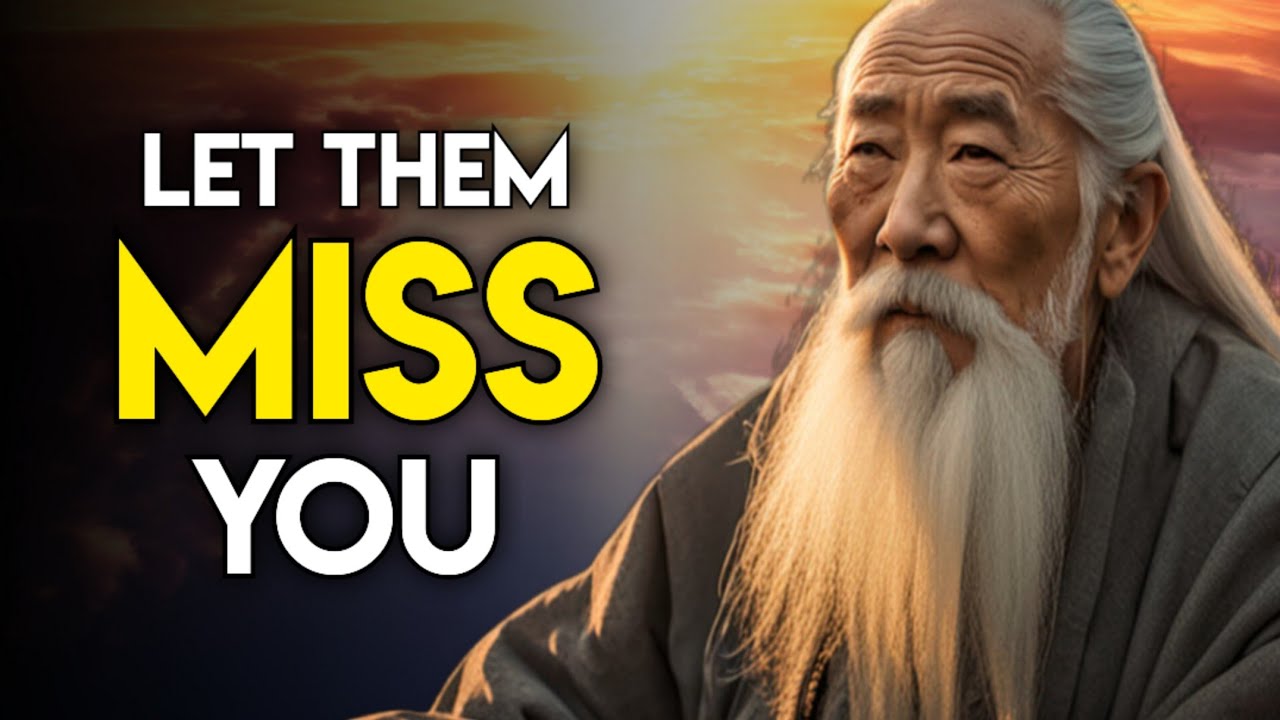How To Focus On Yourself - Philosophies For Life
Summary
TLDRThis video explores the idea of reclaiming inner peace by letting go of the need for external approval. Drawing from philosophies like Stoicism, Buddhism, and Existentialism, it emphasizes the importance of self-worth coming from within, not from status or validation. The video encourages self-reflection, questioning fixed identities, and embracing change to live authentically. Viewers are invited to reflect on their own journey and choose the philosophy that resonates most with them, fostering a mindset of inner strength, personal growth, and true self-awareness.
Takeaways
- 😀 Let go of the need for external approval to reclaim your peace and sense of self.
- 😀 Success, looks, and status are temporary; don't base your self-worth on them.
- 😀 Buddhism teaches that external things are fleeting, and true peace comes from within.
- 😀 When you detach from external validation, you realize you were enough all along.
- 😀 You can love without clinging, work without obsession, and live without needing constant validation.
- 😀 Question your identity and challenge outdated labels that no longer define you.
- 😀 Emotions are fleeting; instead of reacting, step back and assess if the reaction is truly 'you'.
- 😀 Identity is not fixed—embrace the possibility of change and growth.
- 😀 Focus inward to find peace, rather than seeking approval from others or being consumed by distractions.
- 😀 Philosophies like Stoicism, Buddhism, Taoism, and existentialism offer unique ways to reclaim inner peace and live authentically.
- 😀 You don't have to follow one philosophy strictly—create your own path based on your experiences and struggles.
Q & A
What is the central theme of the video script?
-The central theme of the video is about reclaiming one's sense of self by letting go of external validation and embracing inner peace. It emphasizes philosophies from various traditions, such as Stoicism, Buddhism, and Nietzsche, to inspire self-realization and autonomy.
How does the video suggest we can reclaim ourselves?
-The video suggests letting go of the need for external approval. This includes detaching from the pursuit of success, status, and physical appearance, as these are temporary and don’t define our true worth.
What is the key message from Buddhism in the video?
-Buddhism teaches that everything external is temporary. If our self-worth depends on things outside of us, we give the world control over our peace. The true path lies in looking inward and realizing that we are enough as we are.
What does it mean to move through the world without letting it control you?
-Moving through the world without letting it control you means engaging in life fully without becoming overly attached or obsessed with external factors. This includes loving without clinging, working without obsession, and existing without needing constant validation.
How can questioning your identity help in the journey of self-reclamation?
-By questioning your identity, you begin to recognize if you are holding onto outdated or limiting versions of yourself. This allows for growth and transformation, as it frees you from the constraints of labels and fixed identities.
What role do emotions play in the process of reclaiming yourself?
-Emotions are part of the human experience, but the video suggests stepping back and reflecting when emotions arise. Instead of reacting impulsively, one can ask if the emotion truly represents their authentic self or if it is just a passing experience.
What is the importance of letting go of labels in the process of self-reclamation?
-Letting go of labels helps to break free from self-imposed limitations. By challenging labels like 'I am the kind of person who…,' you open yourself to the possibility of change and growth, allowing your identity to evolve.
How does focusing on your inner state lead to becoming 'untouchable'?
-Focusing on your inner state means no longer seeking approval from the outside world. When you are centered within, external opinions and judgments no longer define or affect you, making you emotionally and mentally 'untouchable.'
What are some philosophical approaches mentioned in the video, and what do they suggest about personal growth?
-The video mentions Stoicism, Nietzsche's philosophy, Buddhism, Taoism, Camus, and Sartre. Each offers unique insights: Stoicism promotes an unshakable mindset, Nietzsche advocates for pushing beyond limits, Buddhism emphasizes letting go of fixed identities, Taoism encourages moving with the flow of life, Camus calls for living on your own terms, and Sartre emphasizes owning your choices.
What is the video’s suggestion about external validation and how does it relate to personal happiness?
-The video suggests that relying on external validation for happiness is a trap because external factors are unpredictable and temporary. True happiness and self-worth come from within, and focusing on one’s inner peace is the key to lasting fulfillment.
Outlines

This section is available to paid users only. Please upgrade to access this part.
Upgrade NowMindmap

This section is available to paid users only. Please upgrade to access this part.
Upgrade NowKeywords

This section is available to paid users only. Please upgrade to access this part.
Upgrade NowHighlights

This section is available to paid users only. Please upgrade to access this part.
Upgrade NowTranscripts

This section is available to paid users only. Please upgrade to access this part.
Upgrade NowBrowse More Related Video

What Happens Spiritually When You Stop Chasing Women

How To Make Them MISS YOU Badly Even If They're Not Interested | Zen Wisdom

Tudo da certo quando você não se importa mais - Carl Jung

10 Things I Quit To Create A Calmer & Slower Life

You Don’t Want Love—You Want to Be Picked So You Feel Worthy

Man Ko Control Mein Kaise Rakhen l Man Par Control Kaise Kare in Hindi l KJ Talks
5.0 / 5 (0 votes)